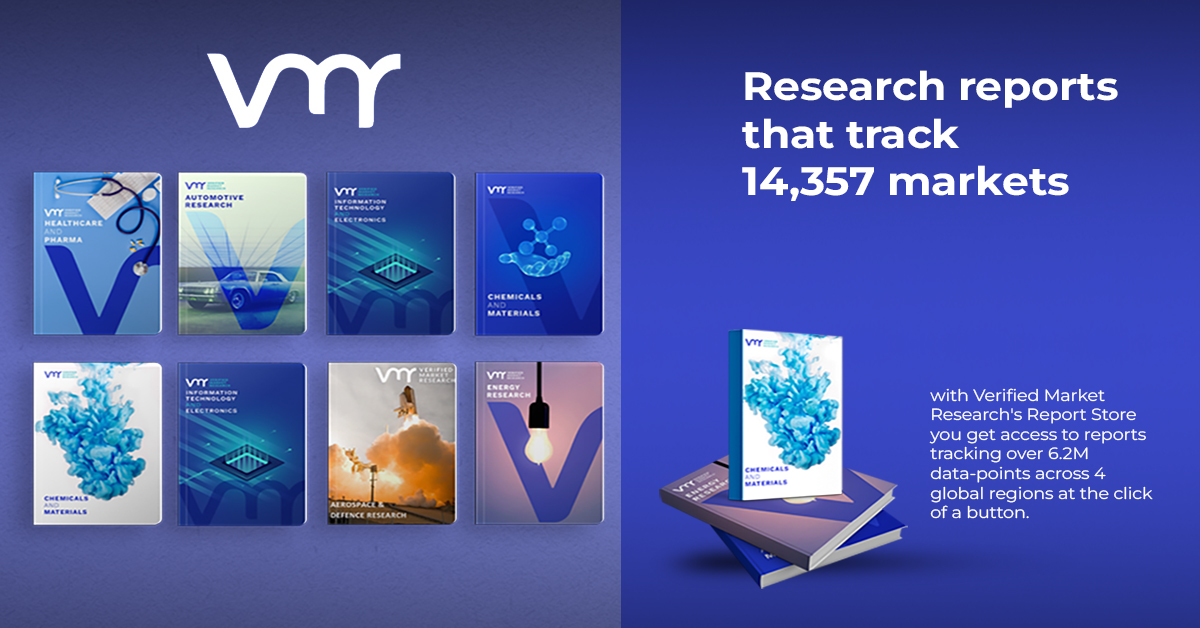Breakthroughs in the Celiac Disease Drug Market: A Comprehensive Overview
Celiac disease, a chronic autoimmune disorder triggered by gluten, affects millions worldwide. Historically, the only effective treatment has been a strict gluten-free diet, which presents significant challenges due to cross-contamination risks and hidden gluten in food products. The evolving landscape of the celiac disease drug market, however, is now marked by innovative therapeutic approaches and promising clinical trials.
A Transformative Shift in Treatment Approaches
Current research is focused on developing therapies that go beyond dietary management. Leading strategies include:
- Enzyme-Based Therapies
Enzymes such as TAK-062 (Kuma062) by Takeda Pharmaceuticals aim to break down gluten in the gastrointestinal tract, minimizing its harmful effects. TAK-062 has shown promising results in pre-clinical trials and is advancing through Phase 2 studies. - Immune Modulation
Drugs like ZED1227 by Zedira and Immunic’s IMU-856 target the autoimmune response by modulating pathways involved in the immune reaction to gluten. ZED1227, in particular, is in advanced clinical trials and demonstrates the potential to protect intestinal lining integrity. - Tolerance Induction
Provention Bio and Anokion are working on therapies to induce immune tolerance, helping patients build resistance to gluten-triggered reactions over time. This approach is groundbreaking and could redefine treatment paradigms. - Binding Gluten
BL-7010 by BioLineRx is designed to bind gluten and prevent its absorption, reducing immune system exposure. Such innovations cater to patients struggling with accidental gluten exposure despite dietary vigilance.
Key Players Driving Market Growth
Several pharmaceutical companies and biotech firms are actively advancing drug candidates:
- Takeda Pharmaceuticals leads with TAK-062 and other novel agents aimed at reducing gluten’s impact.
- Provention Bio focuses on preventive therapies by targeting specific immune pathways.
- Immunic Inc. is a frontrunner in developing small-molecule therapies, particularly IMU-856.
- Zedira collaborates with Dr. Falk Pharma to develop ZED1227, showcasing progress in targeted therapeutic approaches.
These players are not only accelerating clinical trials but also collaborating with patient advocacy groups to align research outcomes with real-world needs.
Market Challenges and Opportunities
While progress is significant, challenges persist:
- Regulatory Hurdles
Approval processes are stringent due to the need for high safety profiles in autoimmune therapies. - Cost and Accessibility
Developing novel drugs is costly, potentially affecting pricing and patient access.
However, the increasing prevalence of celiac disease and growing patient awareness provide substantial growth opportunities. The global celiac disease drug market is projected to grow at a double-digit CAGR, reaching significant valuation by the end of the decade.
Community Engagement and Future Directions
Patient advocacy groups such as Beyond Celiac play a pivotal role in driving awareness and supporting clinical trial recruitment. By leveraging platforms for community education and collaboration, the industry ensures a patient-centric approach to drug development.
The celiac disease drug market is on the cusp of revolutionary changes. With multiple therapies in the pipeline addressing the root cause and immune response, the future holds hope for millions. While a gluten-free diet remains the cornerstone of management, these innovations promise to enhance the quality of life and ease the burden of dietary restrictions. As research advances, the next few years could mark a turning point in the quest for a comprehensive cure for celiac disease.
For more details on the latest developments and ongoing clinical trials, visit resources such as Beyond Celiac and leading pharmaceutical research updates.









